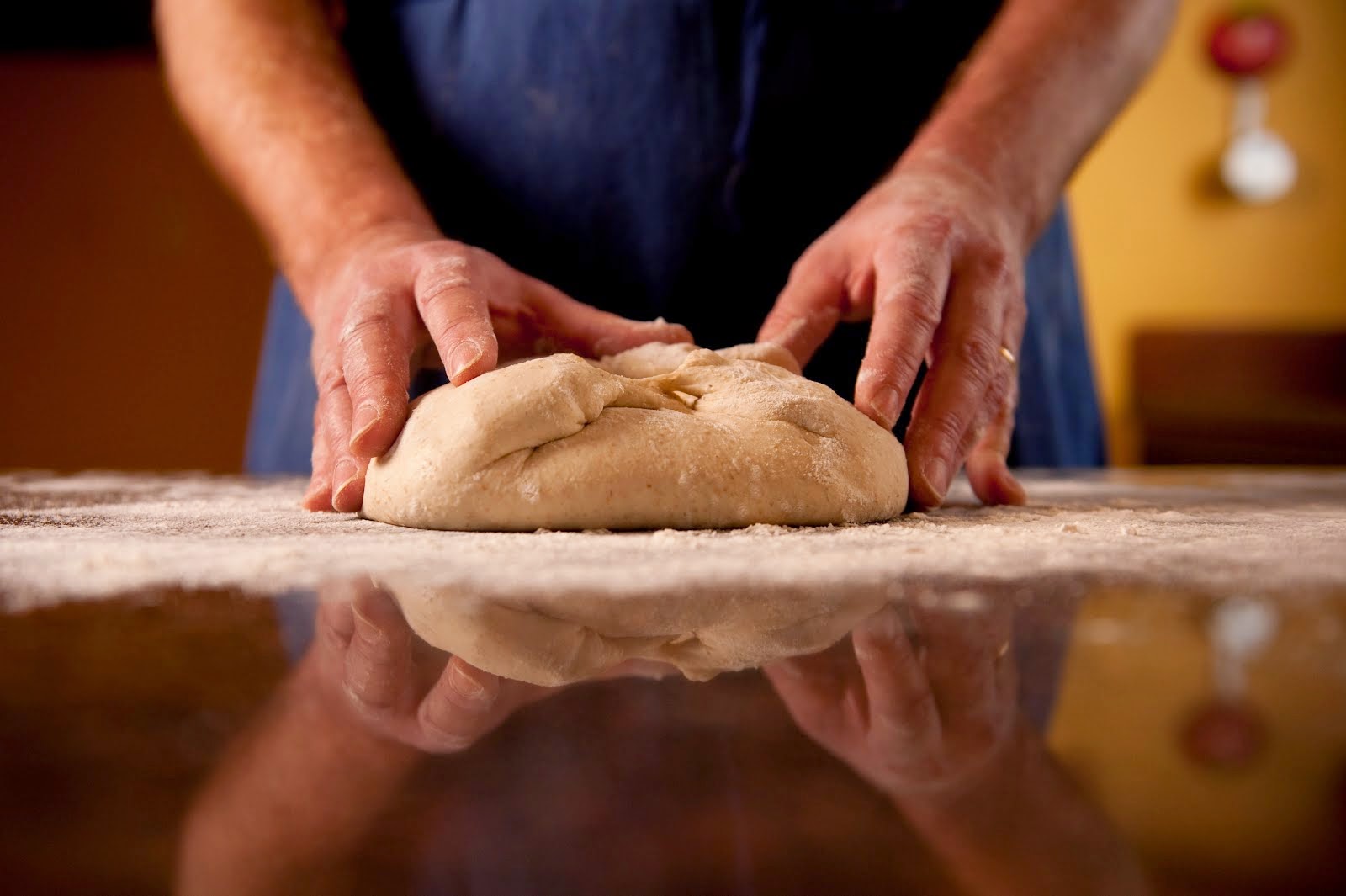14 Broken Crosses
Lubeck is an ancient city. The town sits on an island, atop Roman ruins and medieval streets.
The cities seven churches rise above the landscape, drawing the eyes of the traveler from earth to the heavens. The most impressive of these spires is from Marienkirche, or St. Mary’s Church.
The church is full of history. Its bells rang out 400 years of Easters, Christmas’s, Weddings, and Funerals. Dietrich Buxtehüde spent his life playing and composing on the great organ which bore the famous Notke Totentanz or Dance Macabre which depicted the communities darkest days during the plague of the 15th century.
After 1938, Lubeck became enemy territory, as she guarded the waterway to the north German industrial town of Hamburg. On the eve of Palm Sunday, 1942, Allied bombers lead an air raid on the city. Marienkirche took a direct hit.The Totentanz organ was incinerated, the font was crushed and the bells fell from their tower. The church has been rebuilt, and parish life continues,
new bells peal out over the pastoral scene and tourists peruse the hallowed hall. In 2010, I became one of those tourists.
I first walked to the south tower, where three giant brass bells lie indented in the earth, a crumpled, mangled mass, undisturbed, as they landed the early hours of Palm Sunday, 1942. They remain as a memorial, as a reminder of when war hits home. I made my way up the nave, to the ambulatory.
There stands another marker, another memorial. Gunther Uecker’s 14 broken crosses, known as “Injuries and Bandages.”
The wood was repurposed, taken from stretches of barbed wired barricades in Flanders Fields following the “War to End All Wars.” It is now used to form fourteen broken crosses,
with their cross beams set askew. The stipes is bound with bandages, and a grouping of rusted nails accent the point at which they meet. The piece stands as the local Cross of Nails Centre, which appear all over Europe. A plaque on the wall, warns against the futility of war.
On Good Friday, I am often reminded of this image. The cross is a symbol of torture, of brokenness, of destruction. Yet we lift it high, we put it on our steeples, and wear it around our necks.
We mark our graves, and set it before our memorials. Every year we commemorate the Passion of our Lord, culminating at the cross.
Why do we return?
Why are we drawn every year, every week, every day, to the scene at Golgotha?
Because it is when we forget that we become complacent. It is when we allow tragedy to gain normalcy that we become culpable ourselves. It is important to look on the scars, to remember the pain in our life and in our world. So that if in our corporate sin we allow it to continue, we may be moved to pity, and compassion.
Return to Golgotha, feel your scars, and see the bandages.
Then turn to face the world and teach her something from your pain,
Only to return again and remember.



